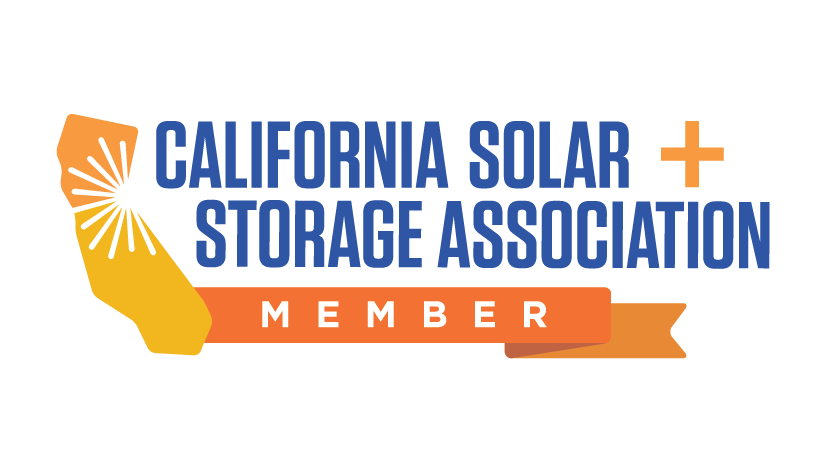As the world becomes more environmentally conscious, many individuals are looking for ways to decrease their carbon footprint. But, is solar energy clean as people assume? One solution that’s gaining in popularity is solar energy as people have begun to realize that it’s a cost-effective way to power their homes and buildings. But, is solar energy clean? In this blog post, we’ll explore the facts and discover whether solar energy is a truly clean energy source.
Is Solar Energy Clean?
Solar energy is considered a clean source of energy because it doesn’t burn fossil fuels like coal or oil, which emit carbon dioxide into the atmosphere. Solar panels generate electricity by converting the sun’s energy into electrical energy, and do not emit any pollutants. Another benefit of solar power is that it does not produce water pollution or waste. Fossil fuel plants generate waste and pollutants that can leach into the ground and water supply. Solar energy doesn’t produce any hazardous waste, keeping our water and soil clean. Using solar energy is a great way to reduce greenhouse gas emissions and combat climate change.
Environmental impact of solar
The manufacturing process for solar panels does involve some environmental impact. For instance, the production of materials for solar panels, like silicon and other metals, can produce greenhouse gas emissions. But, this impact is negligible when compared to the emissions produced by fossil fuels. Additionally, the materials used in solar panels are recyclable, meaning that after they are used, they can be broken down and reused.
Another environmental concern for solar energy is the land use required for solar panels. Large-scale solar power plants require a lot of land. However, this is much less of an issue than traditional power plants, which require both large amounts of land for the power plant itself and land for the extraction of the fossil fuels. Furthermore, solar panels on rooftops decrease the need for large-scale power plants and use already developed land.
Top 5 Reasons Solar Energy is Better for the Environment
1. Solar energy harnesses the power of the sun
One of the most significant benefits of solar energy is that it is a clean and green source of power. Unlike traditional energy sources like coal and oil, solar energy does not produce harmful greenhouse gasses that contribute to global warming and air pollution. Solar energy works by harnessing the power from the sun, which is a renewable and inexhaustible source of energy. Solar panels do not have any moving parts and produce energy silently, making it a peaceful way to power the world.
2. Solar energy helps reduce greenhouse gas emissions
By using solar energy instead of fossil fuels, we can reduce greenhouse gas emissions. Electricity generation is the largest source of greenhouse gasses in the U.S., accounting for about one-third of all emissions. If more homes and businesses switch to solar energy, we can reduce these emissions and slow down the impact of climate change. Not only does solar energy reduce our carbon footprint, it also lessens our dependence on foreign oil and increases our energy independence.
3. Solar energy doesn’t produce harmful pollutants
Traditional energy sources like coal and oil produce harmful pollutants that can be detrimental to the environment and to your health and well-being. Those pollutants can cause respiratory problems, asthma, and other health issues. In contrast, solar panels do not produce any harmful pollutants, making it safer for your health and the environment. Using solar energy can improve the quality of the air you breathe in your community and reduce the risk of health concerns due to pollution.
4. Solar energy is renewable
The sun showers the earth with an ample supply of solar energy that will last for billions of years. As a result, solar energy is a renewable energy source and does not deplete the earth’s resources like fossil fuels do. By investing in solar panels, you are promoting sustainable energy practices and reducing the demand for non-renewable energy sources.
5. Solar energy reduces water usage
Solar panels do not require water to obtain energy, which makes them a long-term water saving solution. Unlike power plants, which use 600-800 gallons of water to cool down, solar panels do not require any water. Since solar panels use sunlight to generate energy, no extra equipment or natural resources are needed to keep them running.
Conclusion
Solar energy is a clean, efficient, and increasingly affordable energy source. The slight environmental impact they create during the manufacturing process is small compared to the environmental impact of other energy sources. The benefits of solar energy include a cleaner environment, the contribution to climate change mitigation, and the potential for widespread use without worrying about emissions. Solar energy can help preserve the environment for future generations. We hope this post answered your questions about why solar energy is considered a clean energy source and has helped encourage you to consider investing in solar energy for your own home or business.
Leaders in Local Solar
Solar panels will dramatically reduce your electricity costs and decrease your carbon footprint. Del Sol Energy is a local installer with a commitment to the community, environment, local economy and families. We are available to answer any questions you have about solar energy or how you can add a solar power system to your home or property. If you’re ready, we offer a FREE CONSULTATION or FREE QUOTE. Ask us about our touchless solar process!


Leave a Reply